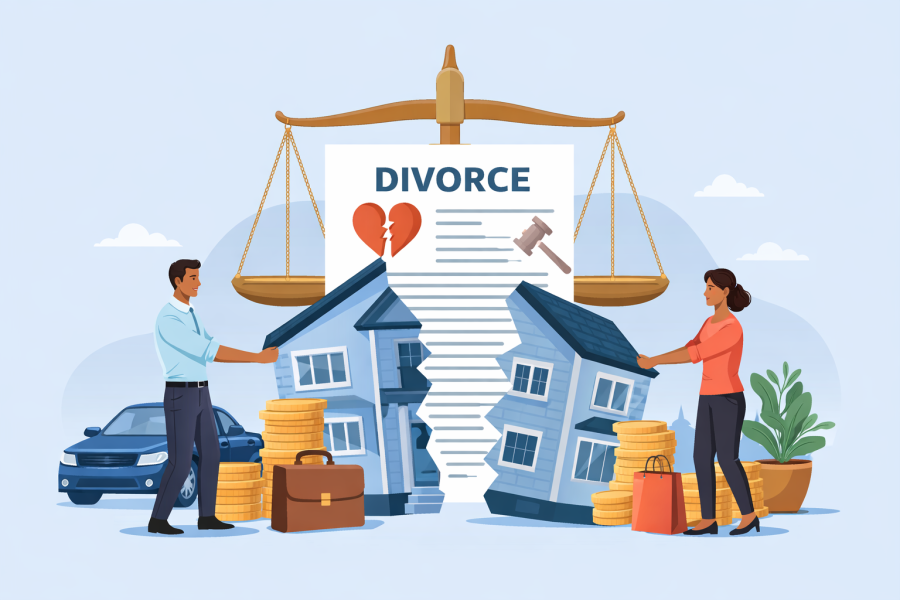[php_everywhere]
In circumstances where a spouse dies without a will, the immovable and moveable property (the estate of the deceased) would be distributed according to the Intestate Succession Act.
Upon the death of the person, the surviving spouse or child or both have equal rights and are entitled absolutely to the household chattels of the deceased.
Examples of household chattels include:
• jewelry,
• clothes,
• furniture and furnishings,
• refrigerator(s), television(s),
• radio(s),
• any other electrical and electronic appliances
• kitchen and laundry equipment
• books, etc
There are many instances where extended family members put pressure on the surviving spouse and children to hand over the chattels of the deceased. The law does not permit this. Extended family members and friends of the deceased are not entitled to the household chattels.
What is more,the surviving spouse and children cannot be ejected from the matrimonial home before the distribution of the estate of a deceased person.
It is a criminal offence for any person who before the distribution of the estate of the deceased whether the person died with a will or without a will to unlawfully eject a surviving spouse or child from the matrimonial home.
It is after the surviving spouse or child or both of them have exercised their rights to one house and household chattels that the rest of the estate falls into residue. The residue estate would be distributed according to the law.
Click here to read our article on the how the residue estate is distributed according to the law
Disclaimer: The information you obtain from this article is not, nor is it intended to be, legal advice. You should consult a lawyer for advice regarding your individual situation. Contacting us or viewing this blog does not create lawyer-client relationship.










